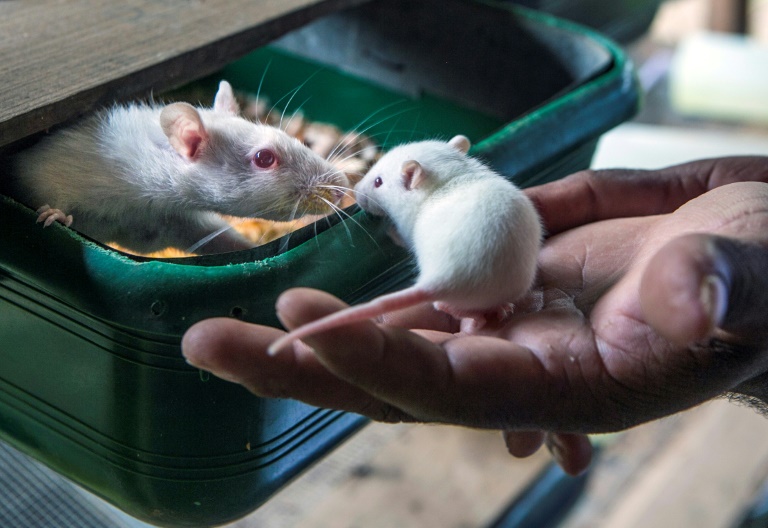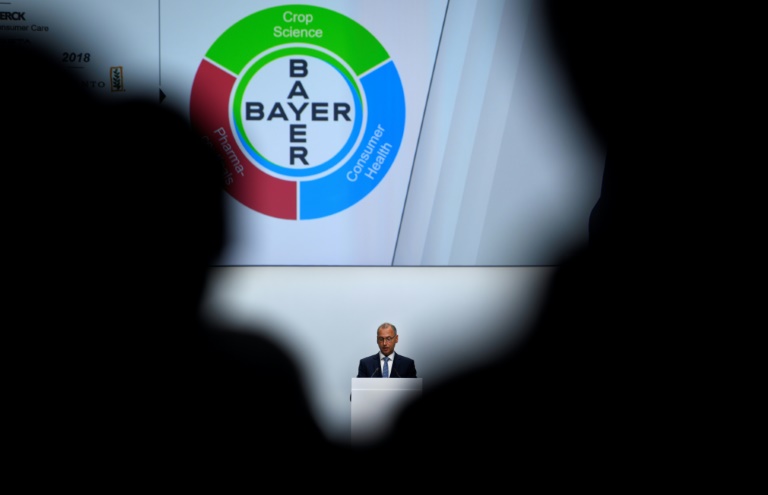
In a study published today in “Food and Chemical Toxicology,” a team of scientists say that rats fed Roundup-tolerant genetically modified corn (NK603) for two years developed cancers, tumors and multiple organ damage.
The team of researchers, led by Professor Gilles-Eric Seralini from the University of Caen and backed by the France-based Committee of Independent Research and Information on Genetic Engineering, conducted the first ever life-long rat feeding study, investigating for two years the possible toxic effects of NK603.
A genetically modified organism, or GMO, is an organism whose genetic characteristics have been altered by inserting genes from other organisms. Monsanto, a US-based biotechnology company, is the world’s top producer of genetically modified seeds.
The corn that was fed to the rats in this study, NK603, is one of the few varieties of genetically modified corn produced by the company. It is capable of resisting the effects of Monsanto’s flagship herbicide, “Roundup,” so when a field is sprayed with Roundup herbicide, all living plants and weeds but the NK603 corn die. To genetically modify a seed, Monsanto inserts a microorganism that resists Roundup through a process called “microparticle bombardment” of the plant cells or tissue.
The scientists reported that rats that ate a diet including NK603 or drank water containing levels of Roundup allowed in the US died before rats eating a regular diet.
The study, entitled, “Long term toxicity of a Roundup herbicide and a Roundup-tolerant genetically modified maize” is the longest GMO feeding study ever to be conducted on rats. Two years corresponds to the average lifespan of a rat.
The effects of the genetically modified corn on rats were mostly concentrated in the kidney and the liver. “We therefore conclude,” wrote the scientists in the paper, “that our data strongly suggests that these genetically modified maize varieties induce a state of hepatorenal toxicity,” hepatorenal referring to the liver and kidney.
“These substances [GMOs] have never before been an integral part of the human or animal diet and therefore their health consequences for those who consume them, especially over long time periods, are currently unknown,” they conclude.
Monsanto, before putting its genetically modified corn on the market, ran a speedy 90-day feeding study on rats before concluding that their product was safe for human and animal consumption.
Since the late 90s, the biotech company has been flooding the global market with its seeds, starting with the US, Canada and South America, then moving to India and more recently Africa. South Africa is Monsanto’s stronghold on the continent, where it set up an office. Monsanto’s interest in the Egyptian market and its 80 million consumers became very obvious in 2008, when the biotechnology company reached an agreement with the Egyptian government to import genetically modified corn MON810.
The genetically modified seed MON810 has the capacity to resist pests by secreting an insecticide that ruptures insects’ stomachs when they feed on it. The insecticide is created by a gene named cry1Ab introduced into the maize’s DNA.
The first shipment of 70 tons of MON810 arrived in Egypt in December 2010 and was planted in ten governorates without restriction on planting. The second and most recent shipment of 40 tons arrived in January 2012, but was seized by the Ministry of Agriculture because it was not properly approved.
Last month, the Egyptian scientist Hussein Kaoud raised the alarm on the dangers of genetically modified foods after running a self-financed feeding test on rats and mice for three months in 2011.
The scientist, from Cairo University’s Faculty of Veterinary Hygiene, told Egypt Independent: “I recorded the alteration of different organs, shrinkage of kidneys, change in the liver and spleen, appearance of malignant parts in the tissues, kidney failure and hemorrhages in the intestine. The brain functions were touched as well, and the rats’ learning and memory abilities were seriously altered.”
On Wednesday night, Egypt’s most knowledgeable GMO specialist, Osama al-Tayeb, has been invited by Yousry Fouda to debate the issue of genetically modified seeds in Egypt on ONTV. Dr. Tayeb is a microbiology and immunology professor at the Pharmacy Faculty of 6th of October University and acts as Egypt’s point person for biosafety issues since being appointed by the Environment Ministry in 2000.




